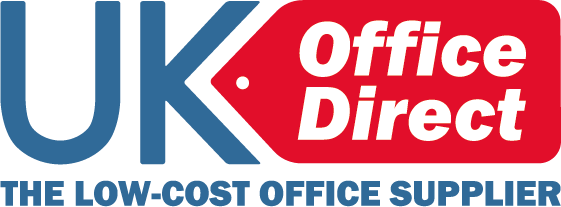Saving energy can help reduce your company’s energy bill. You can save energy in the office in a number of ways – including turning off lights and computers at the end of the work day and making sure the heating system is well maintained and efficient.
Upgrade your office equipment
Certain models of computers, printers, copy machines and other types of office equipment can use up to between 50 and 90 percent more power than energy-efficient models. Look for products that bear the “Energy Star” logo, which ensures the equipment is specially made to save costs on energy usage.
Points to note: ink-jet printers use less energy than laser printers, and laptop computers in place of desktop computers can save more electricity.
Turn off electronics at the end of each workday
Screen savers on computers and idle modes on other types of equipment will still consume energy when not in use. Plug all of your electronics into a single power strip that you can turn off every night. Modify the settings to enable the hibernation and sleep modes on your office computers. This will allow your computers to save energy when you step away for breaks and meetings.
Light bulbs
Check all of your light fittings and make sure they all have eco friendly bulbs, it’s also wise to keep a good supply of spares.
Take advantage of natural sunlight
If your office gets a good amount of sunshine, turn off lights until you really need them. Trim or remove the trees, bushes and obstructions near your windows to maximize the light and reduce shadows. You could even consider painting the walls of your office a lighter shade to enhance the effect that the natural light has on your work space. Draught proofing doors and other openings will save a surprising amount on energy costs, as well as only heating areas that are in use. Consider modifying the temperature after office hours and during weekends, when no one is about.
Look after Yourself
Keep fit and eat lots of fruit and vegetables to ward off winter colds and bugs – you could even consider having a flu jab. Have hot meals, hot drinks and sweet treats during the day to keep up your calorie intake, giving your body fuel to stay warm. Wrap up in layers of clothes to stay snug when you leave the house – it’s easier to stay warm than get warm after being cold. If you are deskbound get up and move around every now and again to keep the circulation going, pop to the breakout area and get a warming cuppa.
Avoid catching colds or flu
It’s worth following simple and obvious hygiene measures to reduce the risk of catching and spreading infections. Always cover your nose and mouth with a tissue when you cough or sneeze, encourage colleagues to do the same and throw away tissues as soon as possible. Stock up on sanitising equipment and tissues for headsets, handsets and keyboards to prevent cross contamination, keeping the dreaded lurgy at bay and making sure sick leave remains at a minimum.

